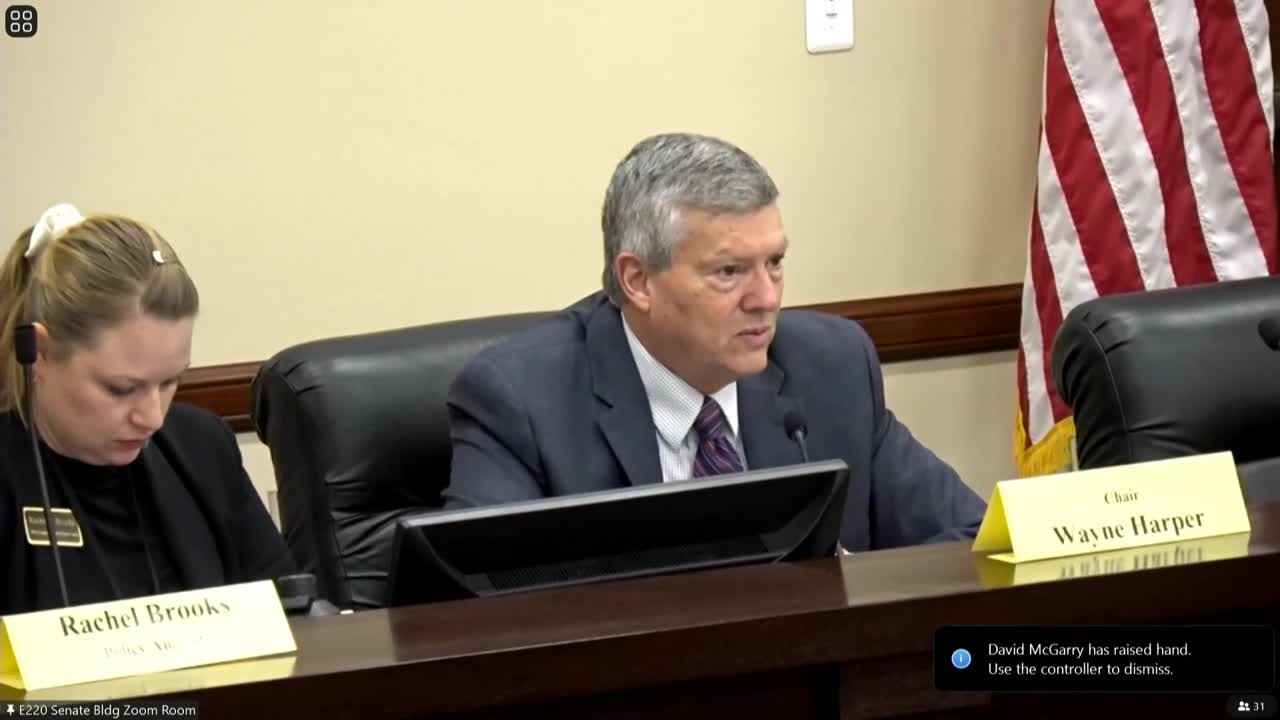Article not found
This article is no longer available. But don't worry—we've gathered other articles that discuss the same topic.
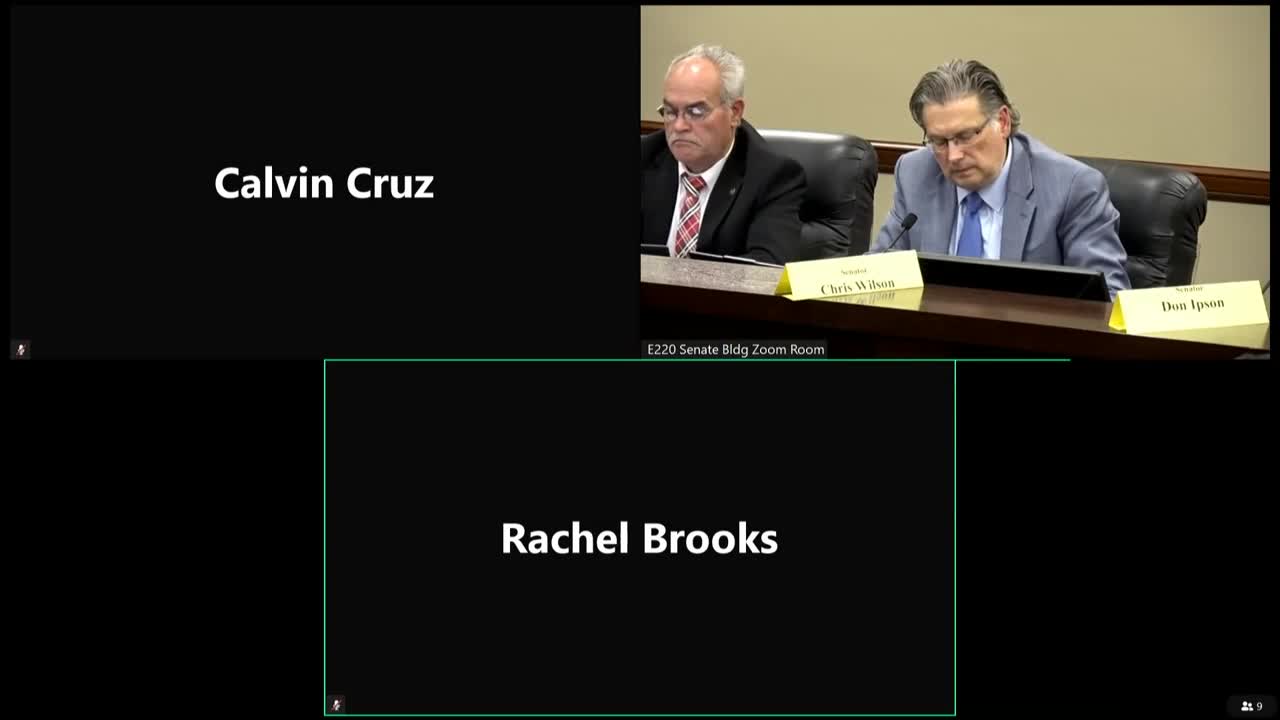
Committee forwards energy-corridor amendments to better protect landowner rights
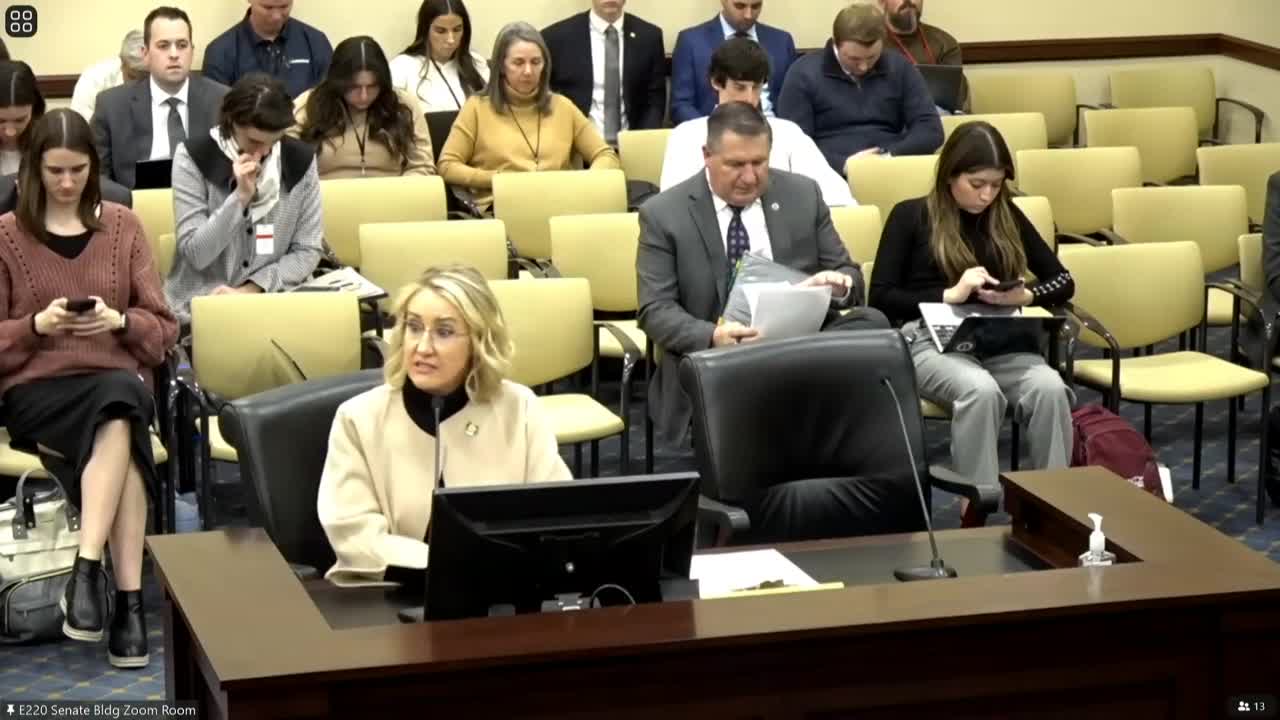
Committee advances bill requiring notice for substantial private airports near residences
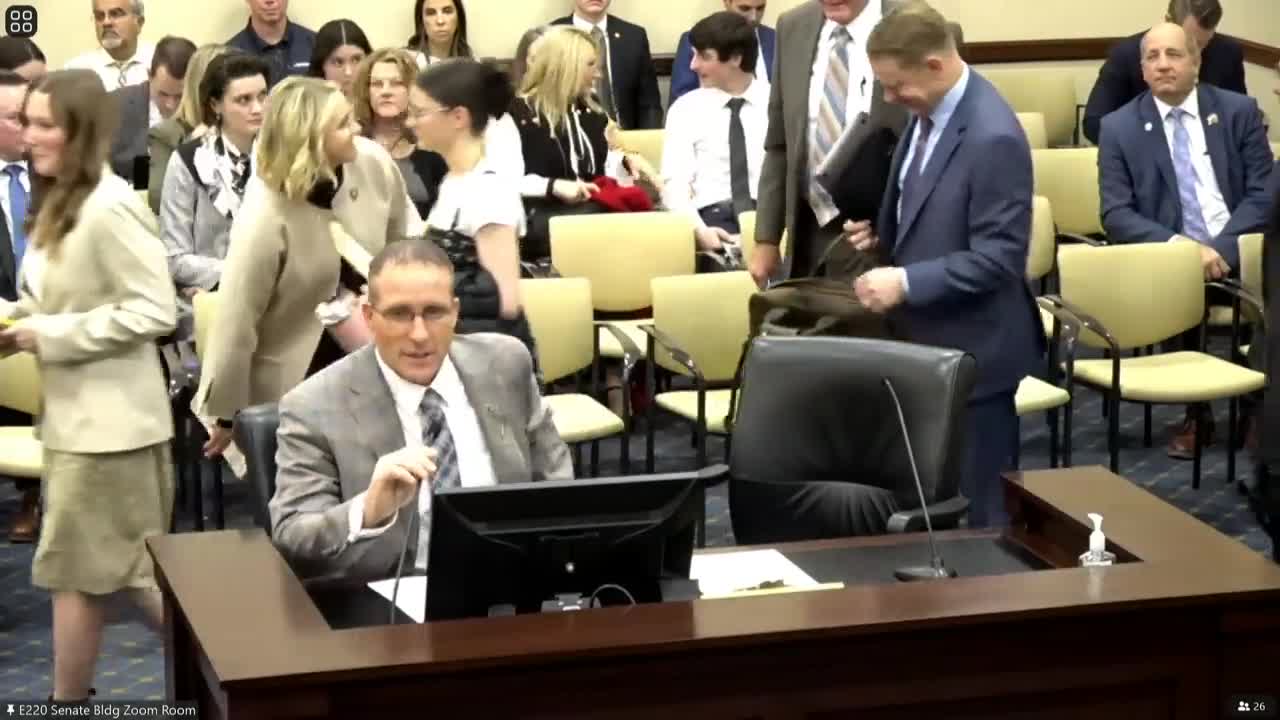
Committee backs bill to name highway for Bergstrom brothers, Utah WWII gold-star family
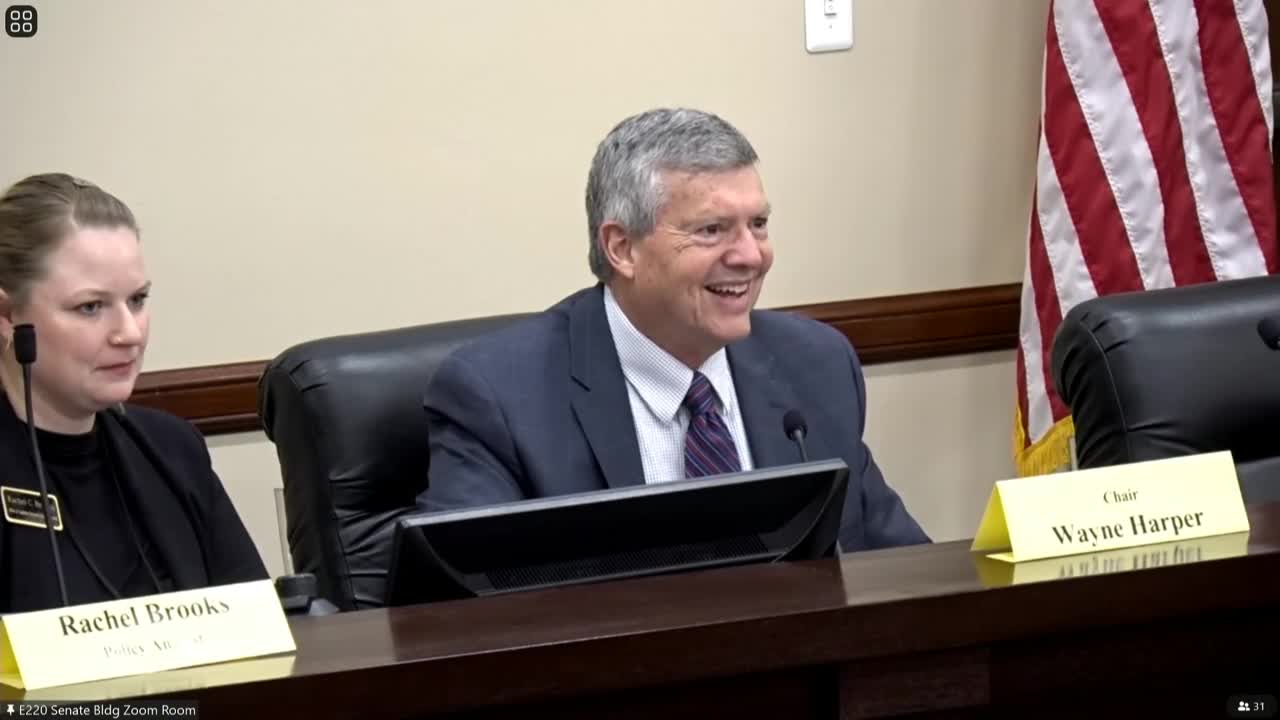
Committee clears annual road-jurisdiction cleanup bill (HB 26)
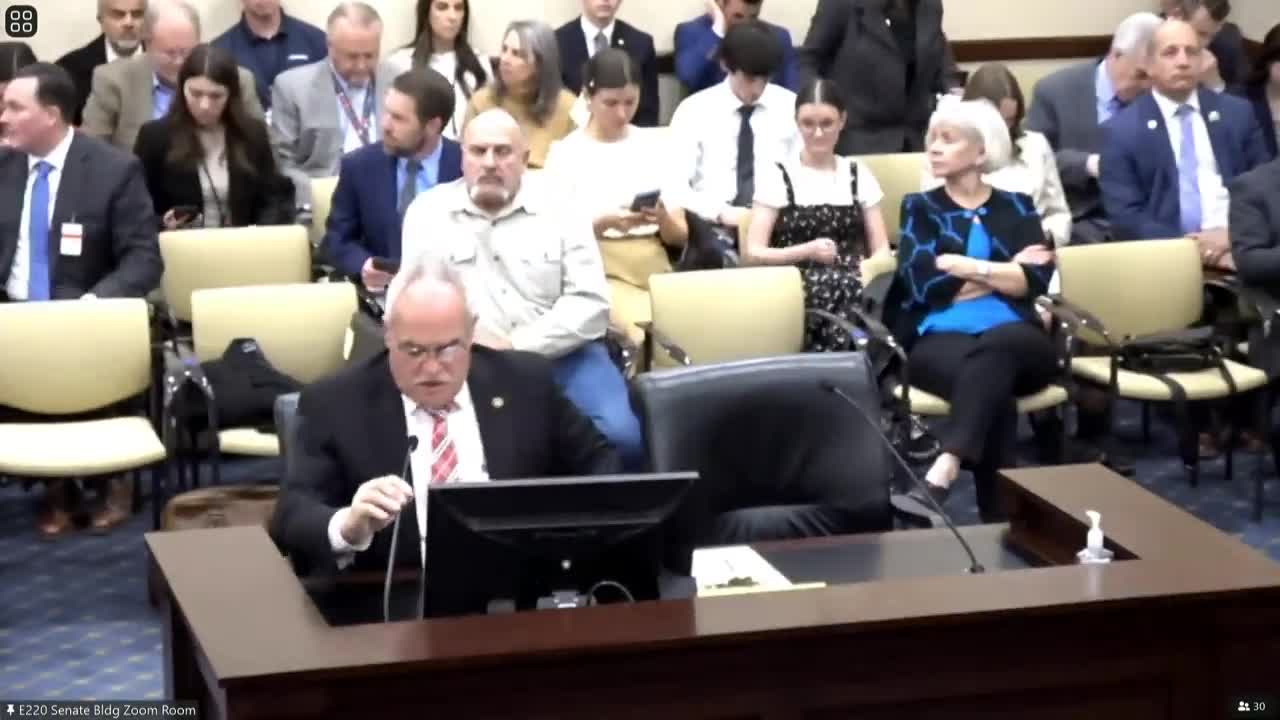
Panel clarifies titles for public lands and energy directors in SB 149
